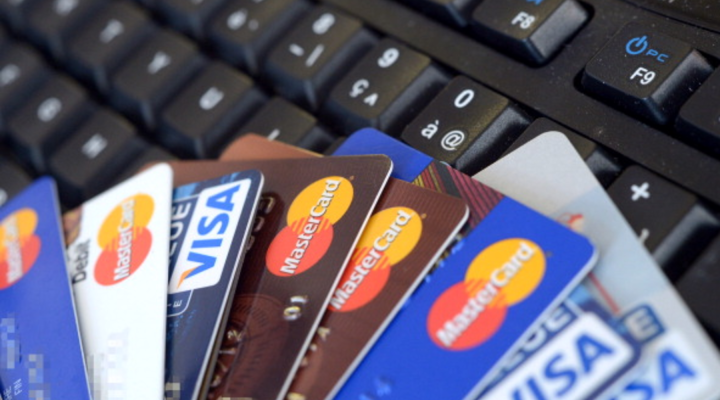
Is the strong economy creating credit score inflation?

You’ve heard of grade inflation, right? The theory that as teachers have handed out more and more A’s over the years, the grade just doesn’t mean what it used to. Now some analysts are worried about what they’re calling “credit score inflation.” According to Moody’s Analytics, there are about 15 million more people with a FICO score above 740 today than there were before the Great Recession. A 740 FICO score is considered very good. Borrowers who score that high typically qualify for better terms from lenders, such as lower interest rates.
At last count, the average FICO score was a record 704 out of 850, about 20 points higher than a decade ago. With unemployment low and wages rising, it makes sense that people are in better shape, said Ethan Dornhelm, vice president of scores at FICO.
“They have lower debt, they have fewer instances of delinquencies or other blemishes on their file, they’re searching for less credit,” he said. “That sort of underlying improvement in financial health is really what’s driving the improved scores.”
But Cris deRitis, deputy chief economist at Moody’s Analytics, said the strong economy may be masking some risk, especially at the lower end of the credit scale.
“If you had a 600 credit score, a very low credit score, back in 2009, that reflected perhaps the external economic environment,” he said. “Foreclosures were rising, unemployment was high.” But a 600 today, when jobs are plentiful and wages are rising, he said, “might indicate some higher risk.” It may also help explain why missed payments on auto loans, for example, have been rising, even though deRitis said lenders haven’t relaxed their standards.
Inflated scores would be less concerning if lenders didn’t put so much weight on the scores, said Chi Chi Wu, an attorney with the National Consumer Law Center.
“A credit score isn’t some sort of magical shield that says this person’s never going to default,” she said. “If you have a high credit score but something bad happens to you, you are likely to have problems paying your bills.”
By the same token, take that person with the 600 credit score.
“There’s a 20% chance they may be delinquent in the next two years, but there’s also an 80% chance that they’ll do just fine,” she said. “It’s a blunt instrument.”
Even the purveyors of credit scores say lenders should consider several factors when judging creditworthiness, including a person’s income and debts — and yes, the state of the economy.
“The credit score is not an absolute metric,” said Emre Sahingur, head of predictive analytics at FICO competitor VantageScore. “It’s a relative measure of a consumer’s risk level compared to the broader population’s level of risk.” For now, that broader risk remains pretty low.
There’s a lot happening in the world. Through it all, Marketplace is here for you.
You rely on Marketplace to break down the world’s events and tell you how it affects you in a fact-based, approachable way. We rely on your financial support to keep making that possible.
Your donation today powers the independent journalism that you rely on. For just $5/month, you can help sustain Marketplace so we can keep reporting on the things that matter to you.

















